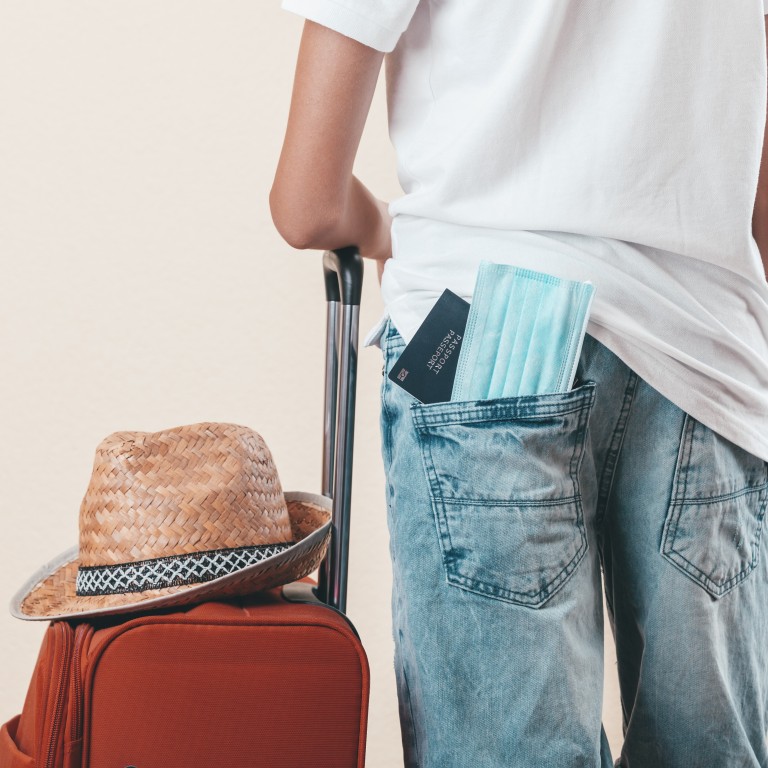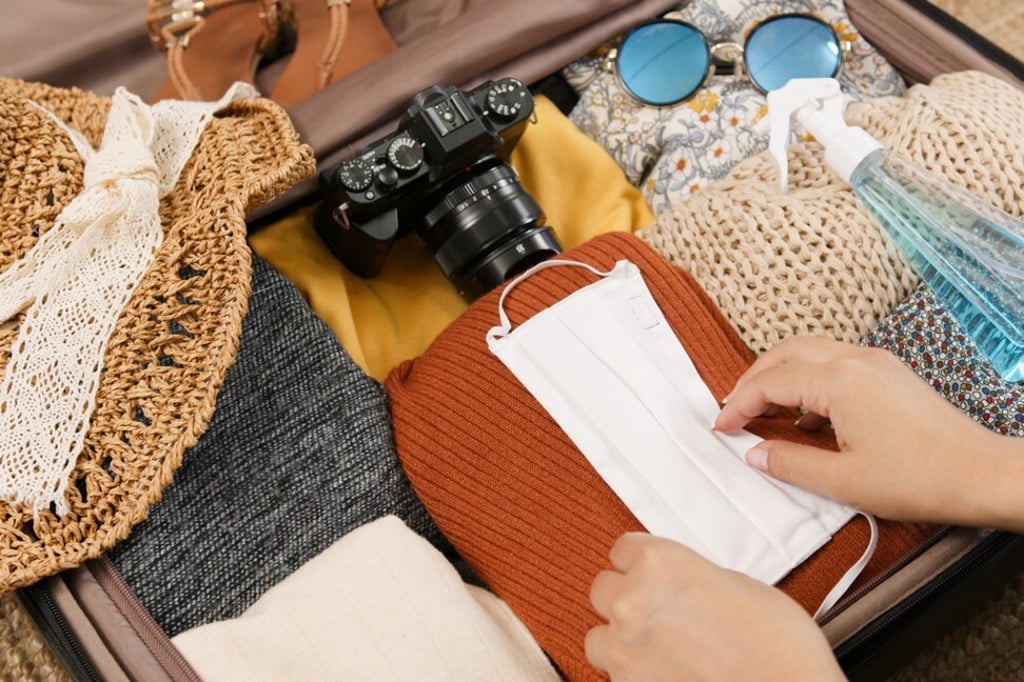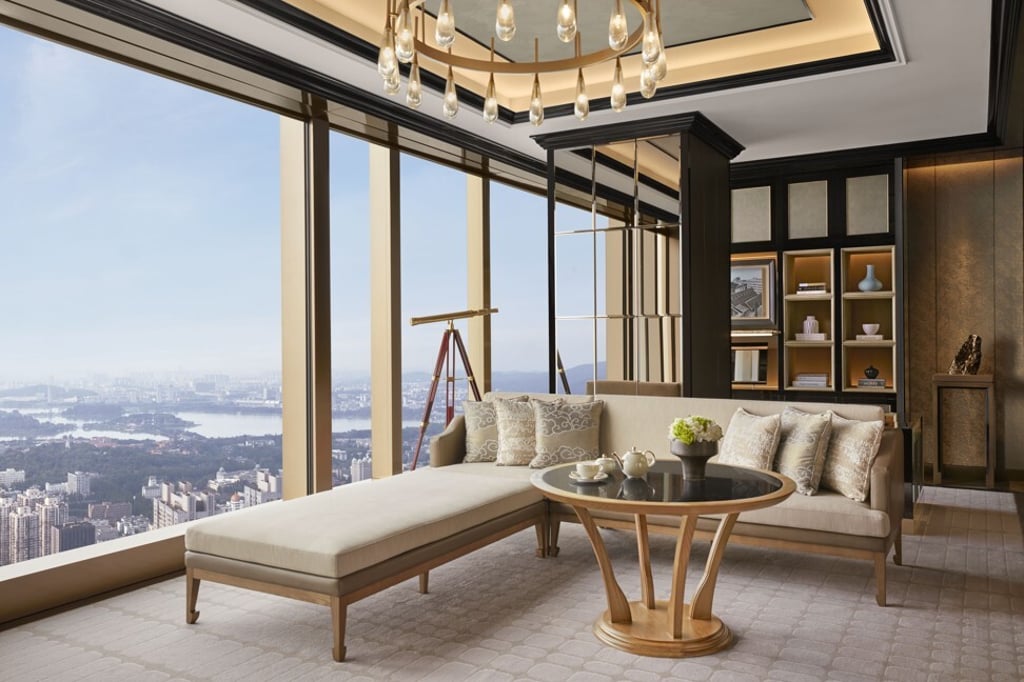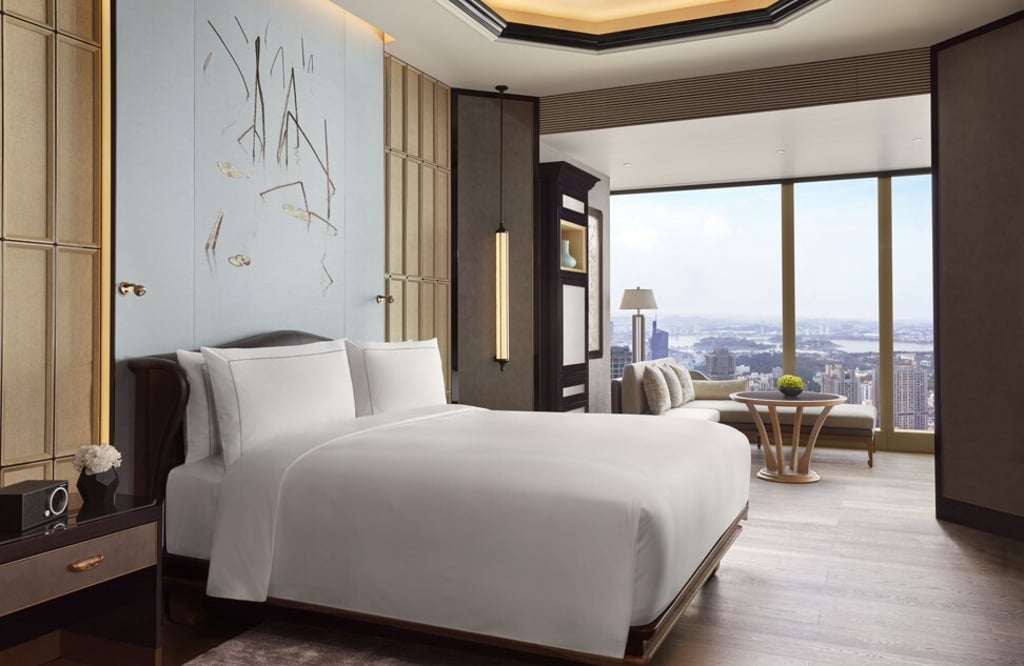Despite Covid-19, plenty of new luxury hotels are opening in Asia-Pacific for staycations and domestic tourists – but is it safe to check in?

Forget Gucci sunglasses – in 2020 must-have travel accessories are face masks and hand sanitiser: but if you can get to a hotel or need a staycation, many new luxury hotels in China, Thailand and the Maldives will make you feel welcome – and safe, with sterilisation tunnels, 24-hour breaks between room bookings and on-site Covid-19 tests
A scant half year ago, a hotel launch in China would have seemed ludicrous. With the world on Covid-19 lockdown and pictures of grounded planes and empty check-in counters flooding our news feed, one would expect the hospitality industry to hunker down and brave out the coronavirus storm with cost-cutting measures or even closures. Instead, there are travel-related webinars almost every single day, announcing – of all things – new luxury hotel openings.

In a way, it makes sense. Hotel projects are years in the making, and without a launch, the building just sits there in its brand-spanking-new splendour, costing instead of making money. A luxury hotel, however, known for its high staff-to-guest ratio and 24/7 service, still requires significant overheads. Are staycations enough to offset those costs?
“We are actually running at 65 per cent occupancy while our average daily rate is 22 per cent over forecast figures in our first month,” says Charlie Zha, general manager of The Ritz-Carlton Nanjing, which opened on June 28. “Food and beverage revenue are doubling the forecast amount as well. The next available afternoon tea reservation [is in two weeks time]. It really is a miracle.”

Nanjing is the capital of Jiangsu province, which at the time of writing has seen 655 coronavirus cases (654 of which have recovered). China was most heavily hit by the pandemic in the earlier months of this year, with the graph of new cases plunging and petering off towards the end of February. Zha says that the hospitality landscape has ebbed and flowed accordingly.
“While the Chinese hospitality industry essentially slowed to a standstill in February and March, our team’s analysis of market conditions within Nanjing and nearby cities revealed a gradual yet distinct bounce-back of the industry, with this effect particularly evident whenever public holidays occurred,” he says. He points out that the growing appeal of a staycation during a time of worldwide lockdown has made weekend retreats particularly popular with local families.
“The overseas travel restrictions have pushed domestic travel to a new peak, and I would estimate almost all of our guests are from China, with many coming from either nearby cities or from within Nanjing.”

“As we continued to analyse this trend, we came across direct affirmation from our hotel owner’s side, who happened to run the luxury shopping centre connected to our hotel – there was a significant increase in both sales revenue and guest covers, even when compared to pre-pandemic figures,” he says.
Zha and his team concluded that given the two-month quarantine period, people were increasingly eager for domestic travel and local leisure. Anticipating further demand for the popular Yangtze Delta travel region (where the hotel is located), Zha’s team, the owner and the management company Marriott International collectively decided to launch the hotel as planned.